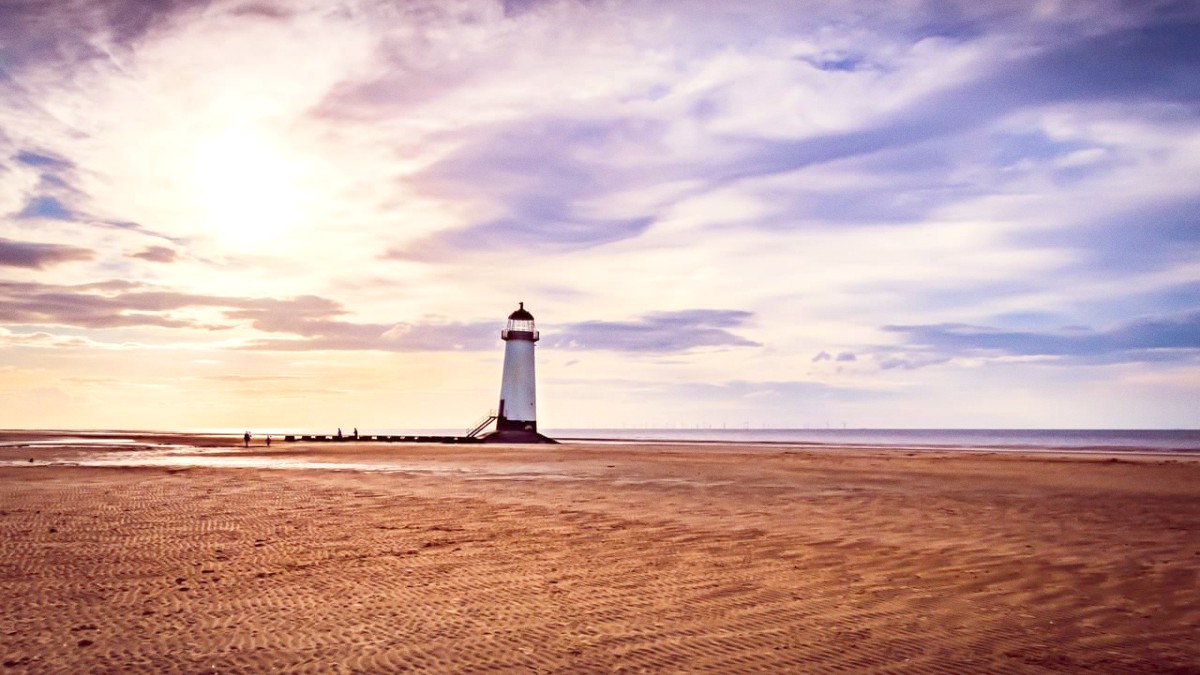
Northern France, France
Dunkirk's natural environment offers various activities for active travelers and those seeking leisurely enjoyment.
The Dunes de Flandre (Dune Dewulf and Dune du Perroquet) offer marked trails through unique coastal ecosystems. These are generally easy to moderate, with flat or gently undulating sand dunes.
The wide promenade along Plage de Malo-les-Bains is ideal for leisurely walks, jogging, or power walking. It is entirely flat and paved, making it accessible for everyone.
These walks present fresh sea air, panoramic views, and opportunities for birdwatching and observing coastal flora.
Dunkirk's main focus is on coastal and historical activities. Visitors seeking intense adventure sports should research specific providers or alternative destinations within the wider region.
Dunkirk's unique Flemish heritage and powerful historical narrative present rich cultural immersion opportunities.
Held annually in February or March, the Dunkirk Carnival is an unique, boisterous, and deeply traditional event rooted in Flemish maritime culture. It includes parades ("bandes"), elaborate costumes, specific songs, and rituals.
This large convention and event center frequently hosts concerts, theatrical performances, and exhibitions, offering a range of cultural entertainment throughout the year.
Beyond the Carnival, Dunkirk hosts various local festivals throughout the year, especially during summer, often with a focus on maritime heritage, music, or food. Check the tourist office website for calendars.
Engaging with locals at markets, in traditional estaminets (Flemish pubs), or during the Carnival presents an authentic interaction with the community.
Learning a few basic French phrases (see Section 11.1) will enhance interactions. Hearing the local Picard/Ch'ti dialect, a variant of French with Flemish influences, is part of the cultural experience.
Beyond the Carnival, Dunkirk hosts various local festivals throughout the year, especially during summer, often with a focus on maritime heritage, music, or food. Consult the local tourist office for event calendars.
Dunkirk presents opportunities for relaxation, especially centered around its natural coastal environment.
Hot springs and extensive natural therapy options are not available in Dunkirk itself.
Yoga and meditation retreats are not common offerings for tourists in Dunkirk. Local studios might have drop-in classes.
Traditional healing practices are not a specific tourist attraction in Dunkirk. For these, specialized research would be necessary.
The wide beach is the main venue for relaxation. You can rent a traditional beach hut for the day to enjoy the sun and sea air.
There are no large, exclusive "beach clubs" typical of Mediterranean resorts. Instead, there is plenty of public space to relax freely.
Some hotels may have indoor pools for guest use, offering an alternative for swimming and relaxation.
Dunkirk's nightlife is more modest than major cities but offers pleasant options for evenings out.
Dunkirk has a few nightclubs, mainly located in the city center or Malo-les-Bains, catering to a local crowd.
These venues are more active on weekends, attracting local visitors looking for dancing and late-night entertainment.
Some pubs and bars typically stay open until 1 AM or 2 AM on weekends, offering continued evening enjoyment.
The Casino de Dunkerque in Malo-les-Bains offers gaming, a bar, and sometimes live entertainment late into the night. It presents an option for adult entertainment.
The promenade in Malo-les-Bains is lined with numerous bars and brasseries that become lively in the evenings, especially during summer. The city center also has a selection of traditional pubs and bars.
Check local listings for special events, concerts, or themed nights that might be happening during your visit. Seasonal events can temporarily boost nightlife options.
Dunkirk's nightlife is generally geared towards a local audience. Do not expect the expansive club scene of major European capitals.